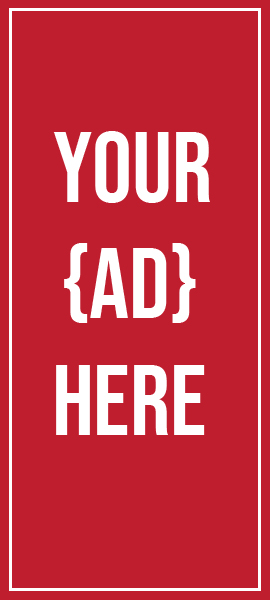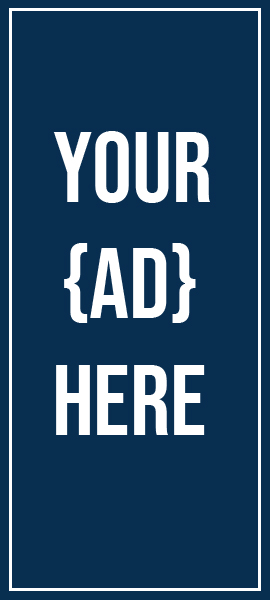Job Interview Essentials
When you go to a job interview I think a good thing to ask is if they ever press charges.
– Jack Handy
Introduction
The interview is a very important part of the job search process that you should focus on. How you perform during the interview could make the difference between you getting the job and walking home empty-handed.
Different Types of Interviews
Direct Interview: This interview generally just involves the candidate and the hiring manager. It is a relatively rigid format of which the hiring manager relies upon his or her straightforward questions to acquire all of the information he or she wants to know about you.
Behavioral Interview: The behavioral interview is one that focuses more on the candidate’s problem-solving skills, leadership, conflict resolution, stress management, etc. The questions are usually asked in the format that requires the candidate to think of specific examples to prove the point. The questions are many times phrased as “Tell me about a time when…” or “What would you do if…” This type of interview may be considered a bit more intense than a direct interview.
Group Interview: Employers use group interviews to gauge how well candidates interact with each other. Although interviewing with other candidates may be overwhelming, if you keep track of the interviewer to make sure you don’t miss out on any important signals, you may prove to be a viable candidate.
Panel Interview: A panel interview consists of several representatives of the company. Their job is to judge what you say as well as your actions. The best way to master such an interview is to remain calm at all times and be mindful of your body language, the words you speak and the meaning those words give.
What You Can Anticipate
Going into the interview with confidence depends on knowing what to expect and being prepared to respond to the situations you face with security and self-assurance. Interviewees can expect to greet the employer or hiring manager with a cordial handshake and be invited to sit for the interview. They can also be expected to answer questions about their qualifications and experience. Employers will expect the candidate to have informed questions that reflect both interest and some prior knowledge of the company and the nature of the work. It is also reasonable to expect a delay in the decision to hire. Most interviews do not result in an immediate decision.
About Behavioral Questions
When you enter into an interview, it is vital to know what kinds of questions you can expect to be asked as well as how to handle potential question that may be inappropriate for the job interview context. The use of Behavioral questions is a tool used by many employers to understand your thought process when confronted with certain situations. Many of these questions begin with ‘Tell me a time when…’
About Knowledge Questions
Specific questions about knowledge related to the job and career may intimidate some candidates. It may be acceptable to reply that you do not know but are great at learning new information and resourceful enough to find the answer if given the opportunity. Both question of behavior and knowledge can either make or break your interview.
Practical Application
Isabel was quickly losing steam in her search for a better job. She was able to get the initial interview, but was never call back. Isabel knows she has lots of experience, and a unique skill set, but always found the interview process a challenge. Her coworker Paul thought he held the solution to Isabel’s long journey. Paul offered to coach her on some great interviewing tricks. Paul gave Isabel a break down on the general types of questions, and how they are graded. Together they practiced and Isabel was soon seeing the mistakes she made in the past, and now, able to avoid them with ease. With her new interview skills she landed a great position at a promising startup.





